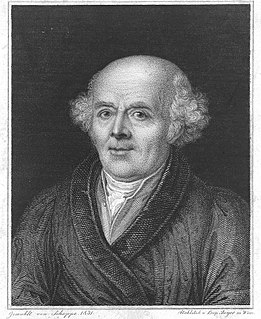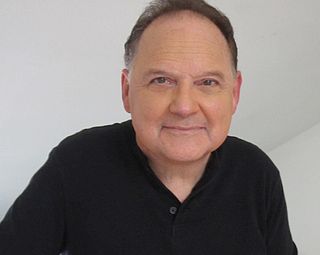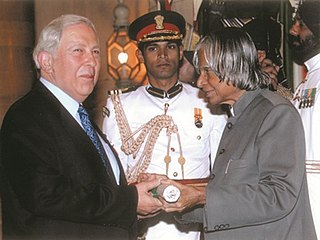A Quote by Paul Shepard
When men do not run they are likely to die prematurely from dysfunction of the heart and vascular systems or from disabling chronic disease.
Related Quotes
HIV/AIDS from converted from a lethal disease into a chronic disease because basic scientists' fundamental research was done that illuminated aspects of that virus and allowed the generation of therapies like antiretroviral therapies. And so now HIV/AIDS is not a lethal disease, it is a chronic disease.
One strand of psychotherapy is certainly to help relieve suffering, which is a genuine medical concern. If someone is bleeding, you want to stop the bleeding. Another medical aspect is the treatment of chronic complaints that are disabling in some way. And many of our troubles are chronic. Life is chronic. So there is a reasonable, sensible, medical side to psychotherapy.
Every effective drug provokes in the human body a sort of disease of its own, and the stronger the drug, the more characteristic, and the more marked and more violent the disease. We should imitate nature, which sometimes cures a chronic affliction with another supervening disease, and prescribe for the illness we wish to cure, especially if chronic, a drug with power to provoke another, artificial disease, as similar as possible, and the former disease will be cured: fight like with like.
INTROVERTS are especially vulnerable to challenges like marital tension, a parent’s death, or abuse. They’re more likely than their peers to react to these events with depression, anxiety, and shyness. Indeed, about a quarter of Kagan’s high-reactive kids suffer from some degree of the condition known as “social anxiety disorder,” a chronic and disabling form of shyness.



































